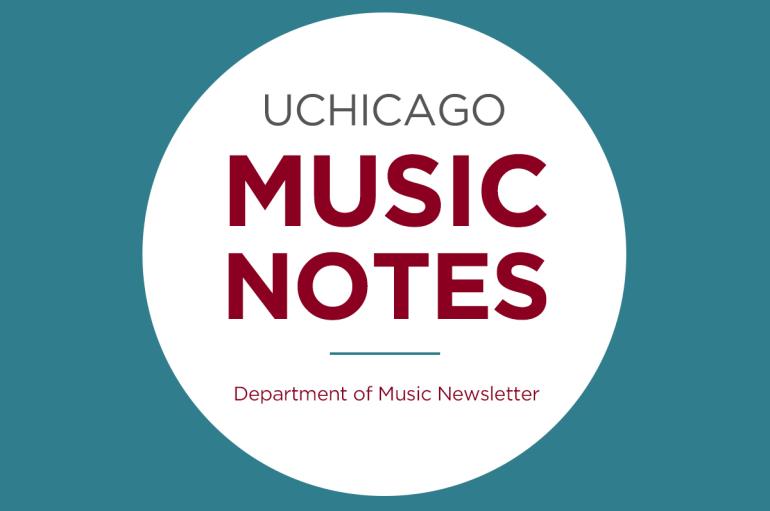
Dear friends and colleagues,
As we all adjust to life "at a distance," we are finding new and creative ways to stay connected. While we miss running into each other in the halls of Goodspeed and catching up with friends and neighbors at concerts, we hope to bring you some of that connection in a new weekly newsletter from the Department, called Music Notes.
Each week, we'll share with you news and projects from the Department and stories about how faculty, students, and performers are adapting. We'll also share virtual concerts and performances, as well as your own recommendations for music that is energizing, inspiring, and comforting you at this time.
Even though we may be unable to come together in person, we are confident in music's ability to connect us even from afar. We look forward to sharing more with you, and to returning together in person once we've weathered this storm.
Signup to receive UChicago Music Notes in your email.
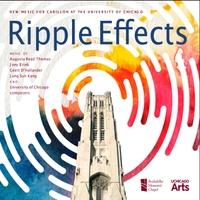
University of Chicago releases album of new music for carillon featuring Grammy-winning composer, world-renowned musicians
The University of Chicago has released Ripple Effects: New Music for Carillon at the University of Chicago. The album features five live recordings from its historic Rockefeller Carillon New Music Festival, performances by award-winning musicians including University of Chicago carillonneur Joey Brink, and a composition by Grammy-winning composer Augusta Read Thomas and UChicago composers Alison Yun-Fei Jiang, Maria Kaoutzani, Ted Moore, and Austin D. Simonds.
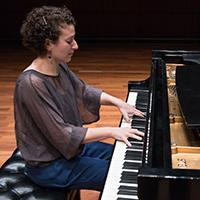
Director of Chamber Music and Artist-in-Residence Clare Longendyke performs Prokofiev's The Montagues and the Capulets
"I gave my final two performances of Prokofiev's Romeo and Juliet, 10 Pieces for Piano, Op. 75 over UChicago's Spring Break. Both performances were scheduled to be live, but were transformed into virtual concerts where I was performing alone in my Indianapolis studio to muted applause and faceless squares in a "Zoom Concert Hall." It was tough. When I made this post, it was the first real day of Spring weather of the year: I was feeling grateful to finally have sunshine despite feeling trapped inside. Even though the music is heavy, full of impending doom, performing the piece—indeed, making music in general during this period—feels like the much-needed ray of sunshine we are finally seeing through our windows." – Clare Longendyke, Director of the Chamber Music Program and Piano Artist-in-Residence
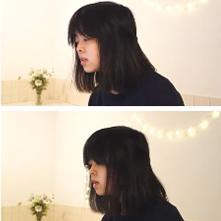
Making Music Amidst Chaos
"Amidst the chaos and anxiety at the end of the Winter Quarter, I experienced an incredibly bright, heartwarming moment. For their composition project, students in the Harmony and Voice Leading course set to music a poem (an excerpt from Maya Angelou's "Caged Bird") in the style of a chorale. Part of the submission consisted of a performance, singing the melody while playing the bass line at the piano. By the time the project was due, students had already left campus. Considering the lack of access to pianos and the gravity of the situation altogether, I waived the performance component of the project. Nevertheless, many students recorded their work and found creative ways to deal with an unusual situation—listening to these performances during a time of crisis was particularly moving. Justine Shih, a third-year majoring in Neuroscience and Music, has kindly given me permission to share a remarkable project that brought me incredible joy. Here's to hoping that the artistry of our students continues to thrive this spring despite the difficulties." – Olga Sánchez-Kisielewska, Lecturer in Music
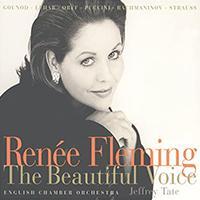
What are you listening to?
David Wilson, Ethnomusicology Ph.D. student
Richard Strauss: "Morgen" (Sung by Renée Fleming)
"I've actually been spending a lot of time with this piece since coming to UChicago 1.5 years ago, but it has taken on a slightly different significance in the current period of crisis. To me, Fleming's recording really catches the intimacy of this piece, which really foregrounds the hopefulness of the piece. At the same time, even though there's something very universal about the sentiment expressed in this piece, I also think that knowing the song's poet John Mackay was queer adds a layer to the text that speaks to me as a gay man."
